Ayurvedic Treatments for Various Ailments
We aim to provide a complete solution for a healthy life by curing ailments and ensuring well-being. We follow various combinations of ayurvedic therapies for an average period of 7 to 28 days. We design the ideal program for each patient after an in-depth study of the patient's physical health and medical history.
Shanthi Ayurvedic Hospital has several unique, potent, and time-tested programs that combine several rare Ayurvedic techniques. Our treatments focus on the cure for back pain, asthma, knee pain, osteoarthritis, osteoporosis, rheumatoid arthritis, paralysis, spondylitis, and more. We also provide treatments for constipation, acidity, gastric problems, and other digestive disorders.
Our programs also address other ailments like diabetes, piles, infertility, obesity, pimples, PCOS, sinusitis, skin diseases, fibroids, cholesterol, jaundice, sciatica, haemorrhoids, cough, insomnia, psoriasis, etc. We also provide treatments for hair regrowth, dandruff, migraine, hair loss and hair fall.

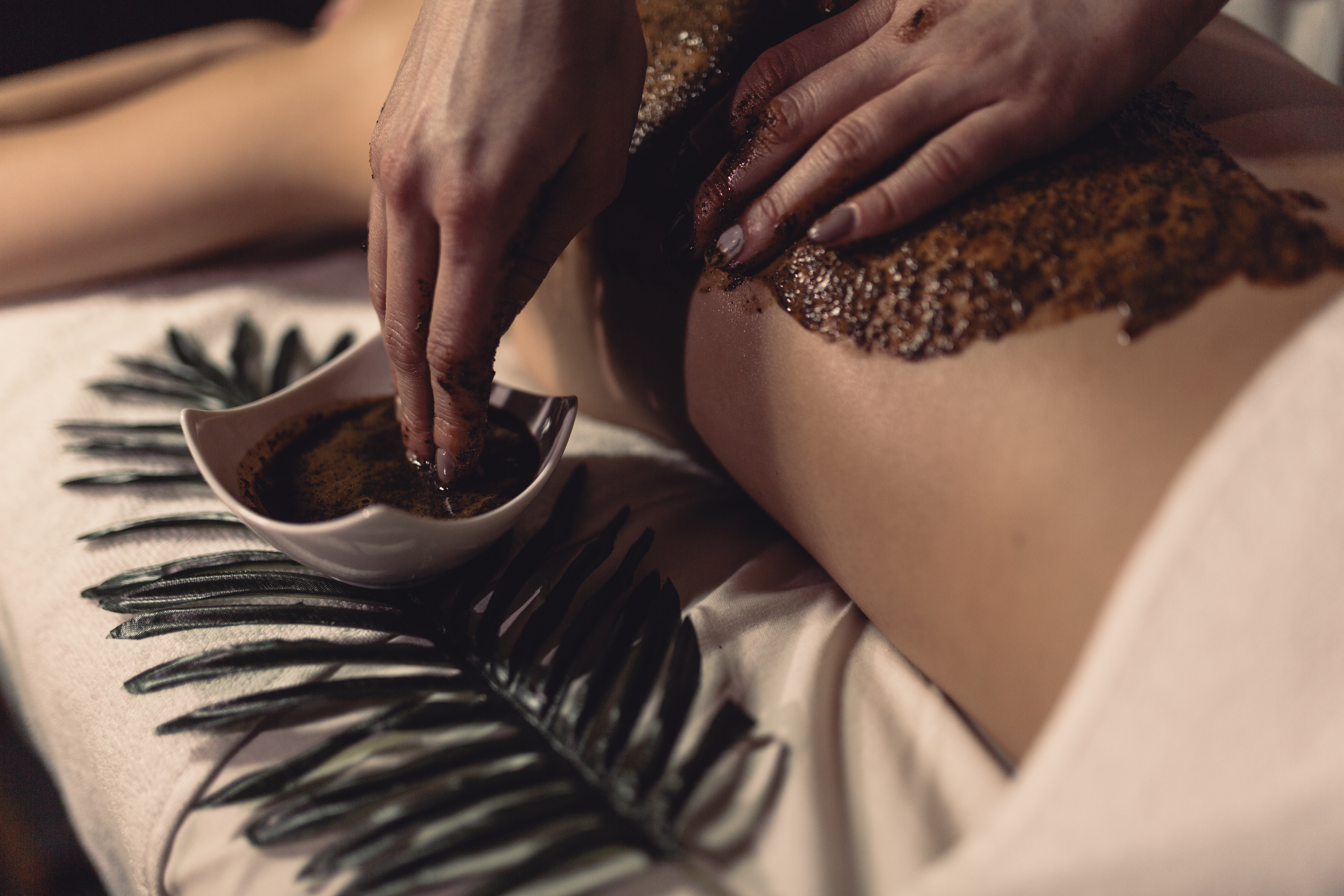

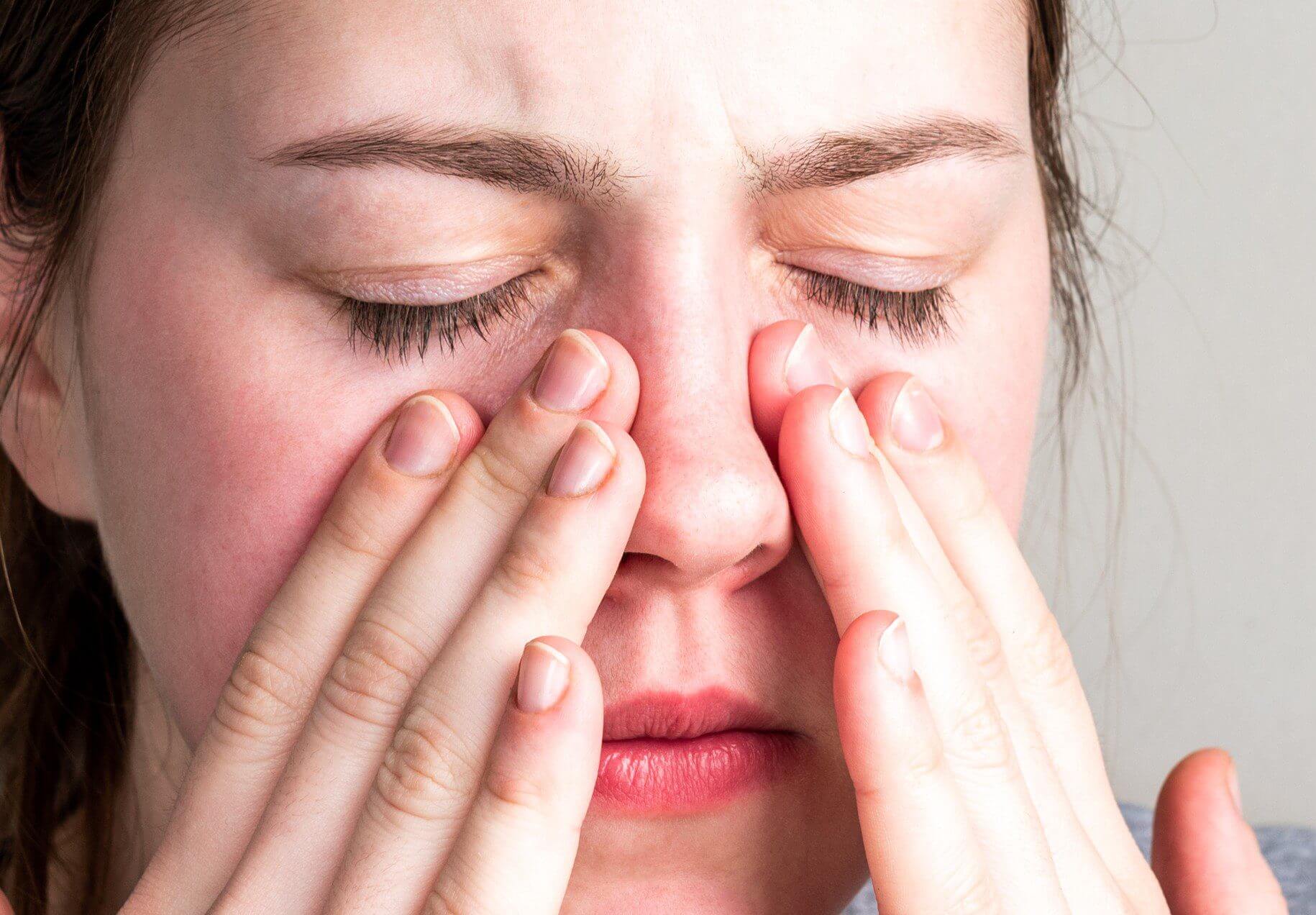
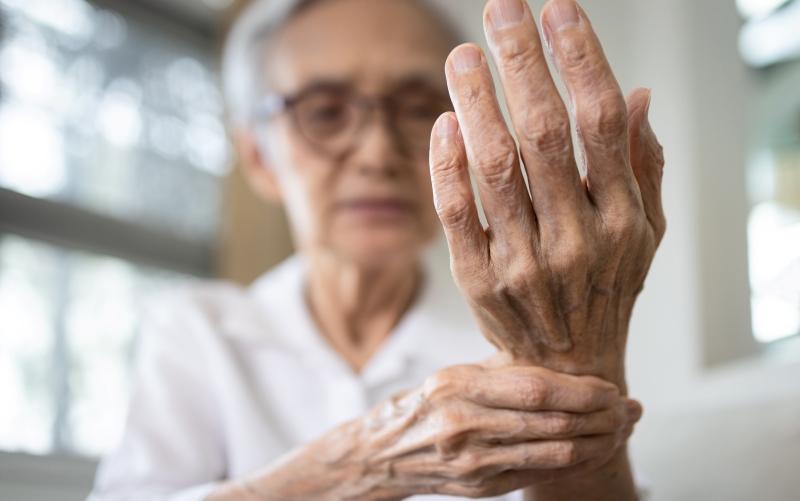
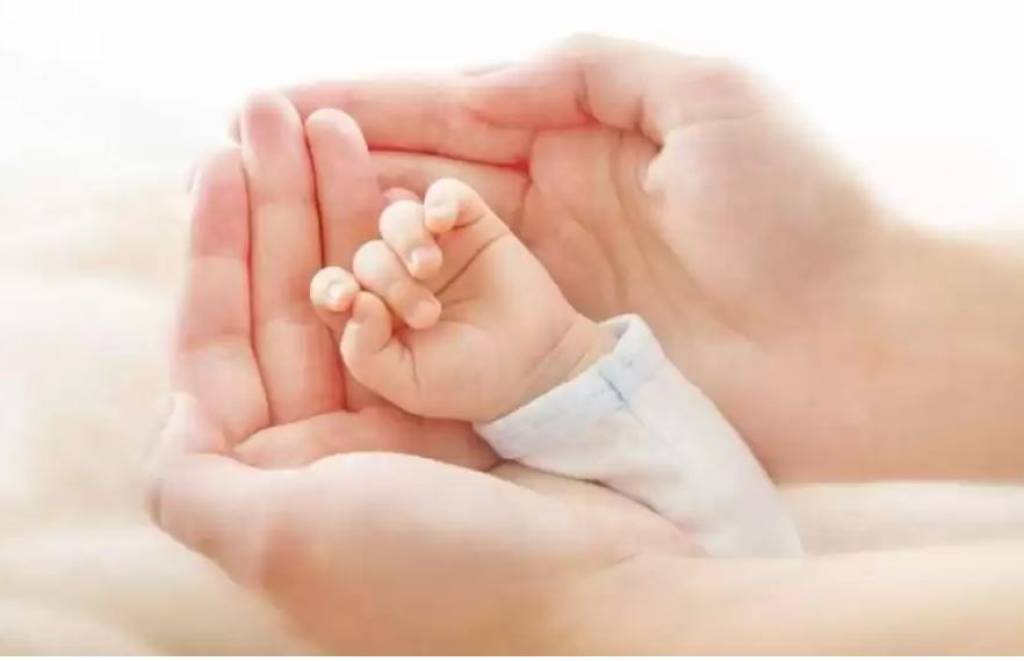
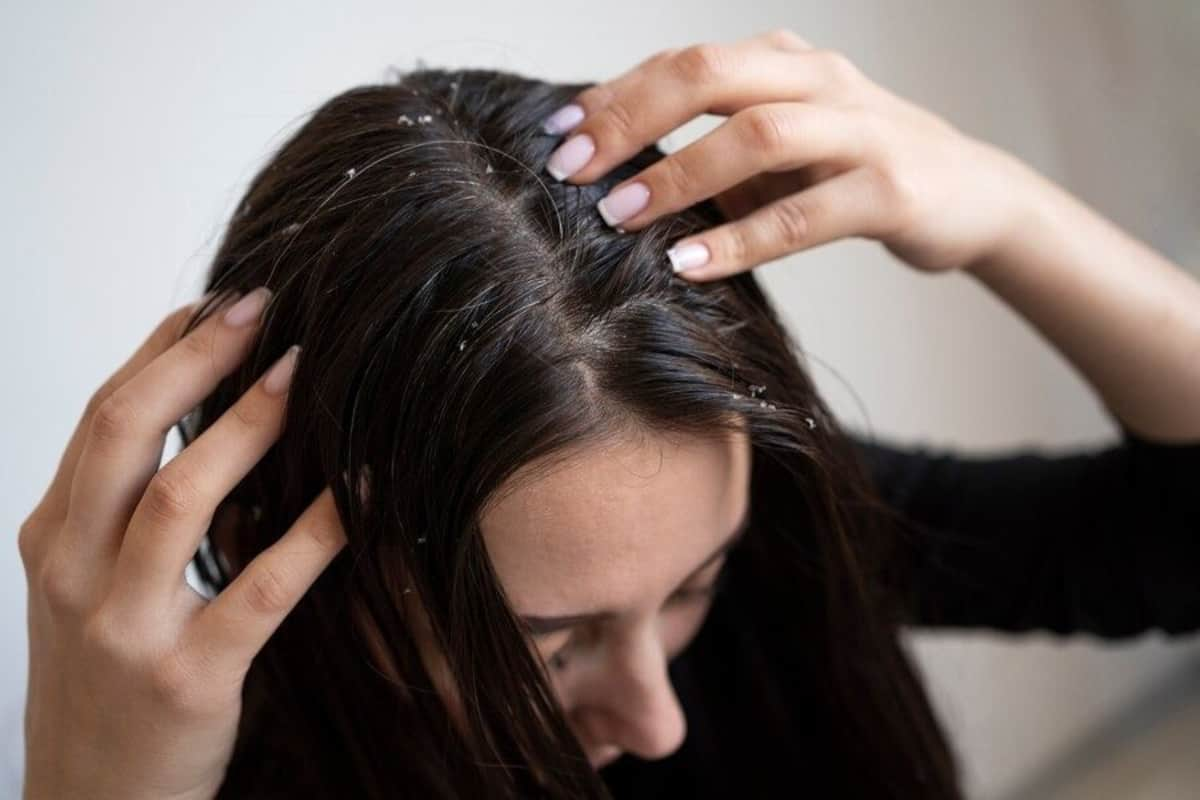

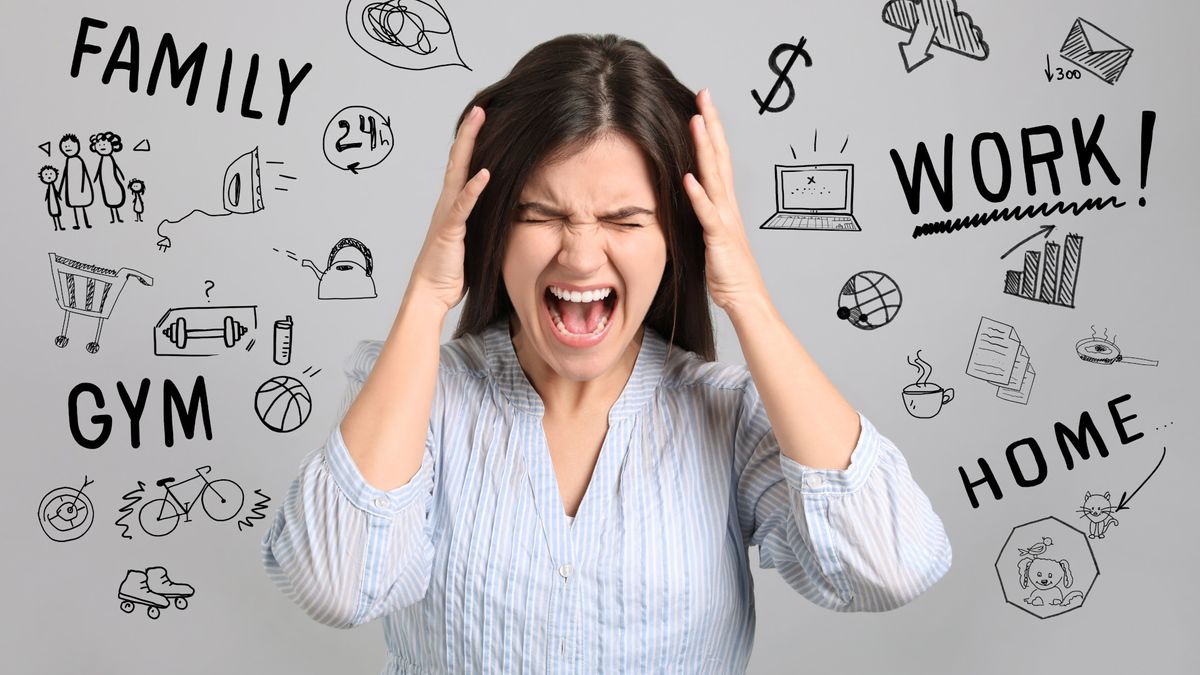
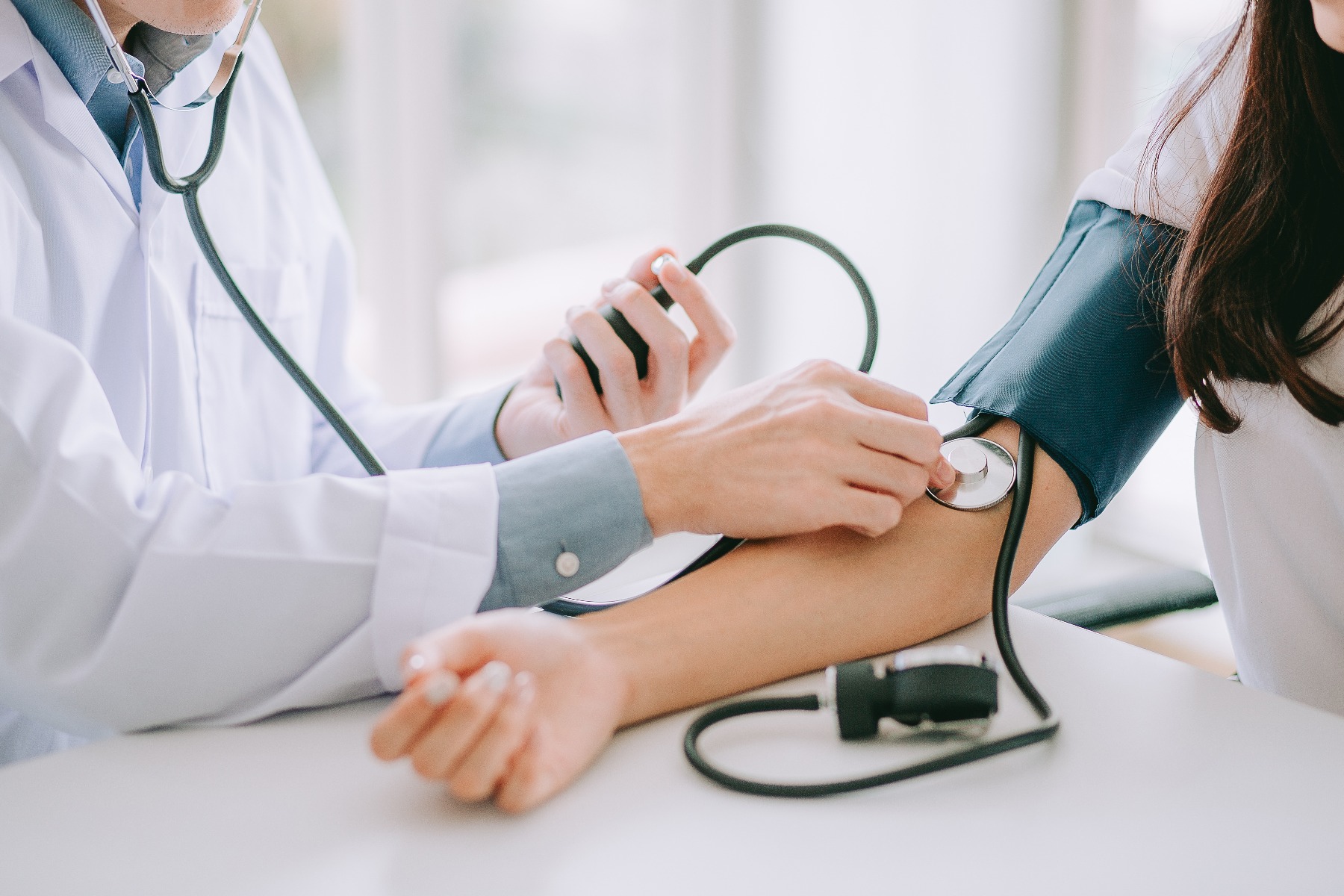
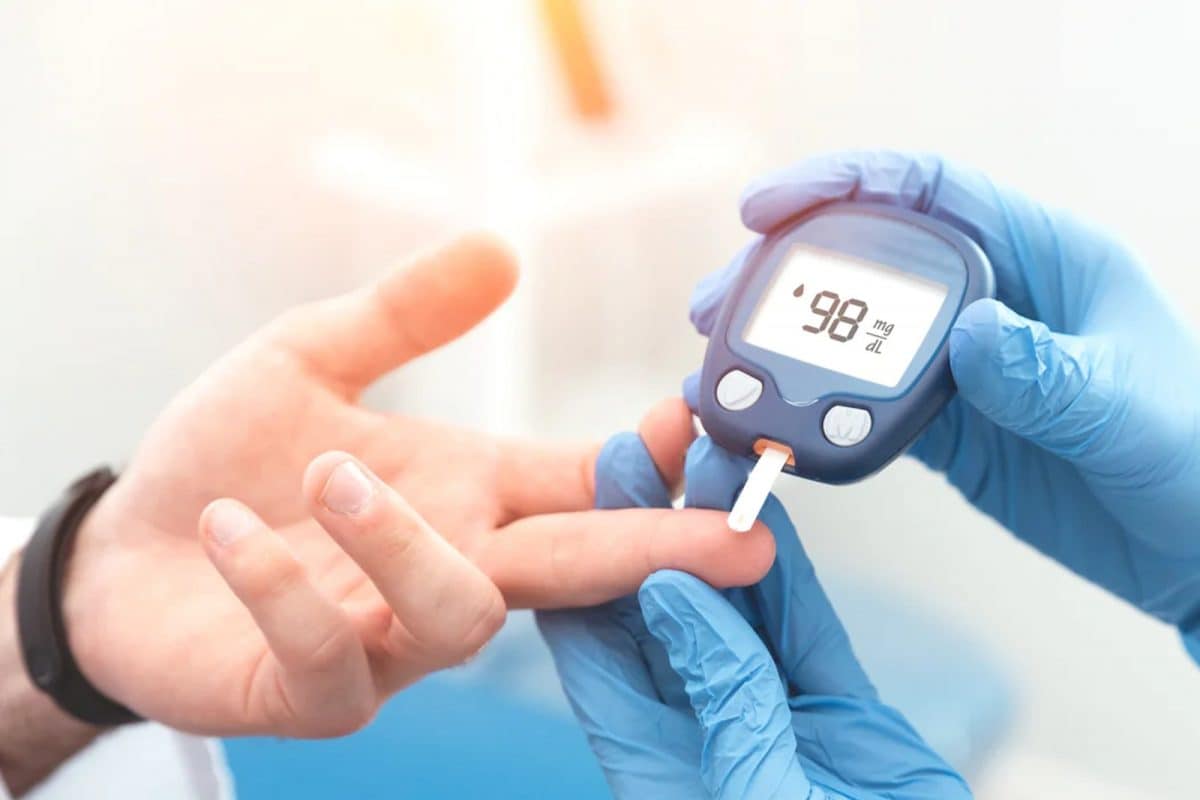

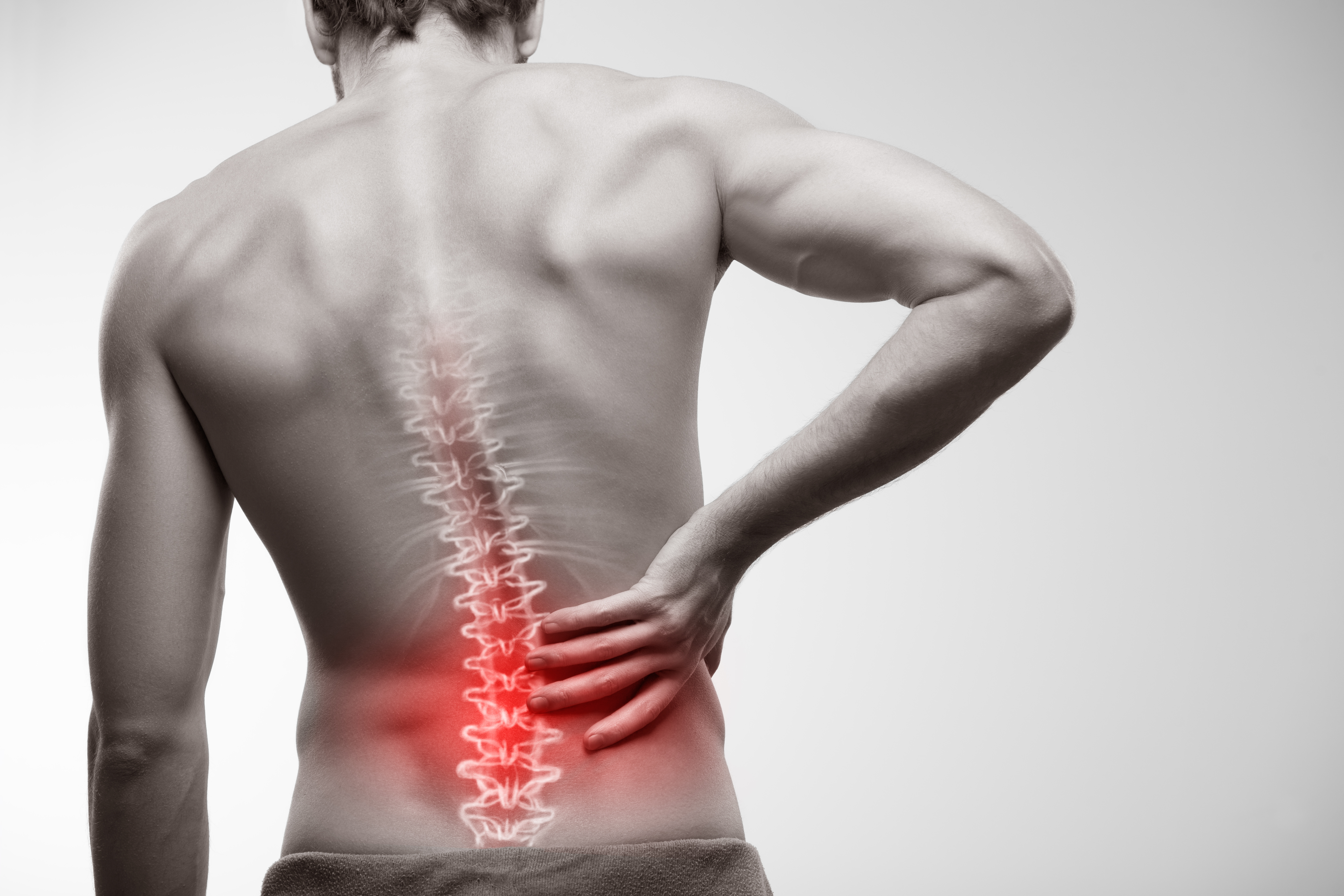
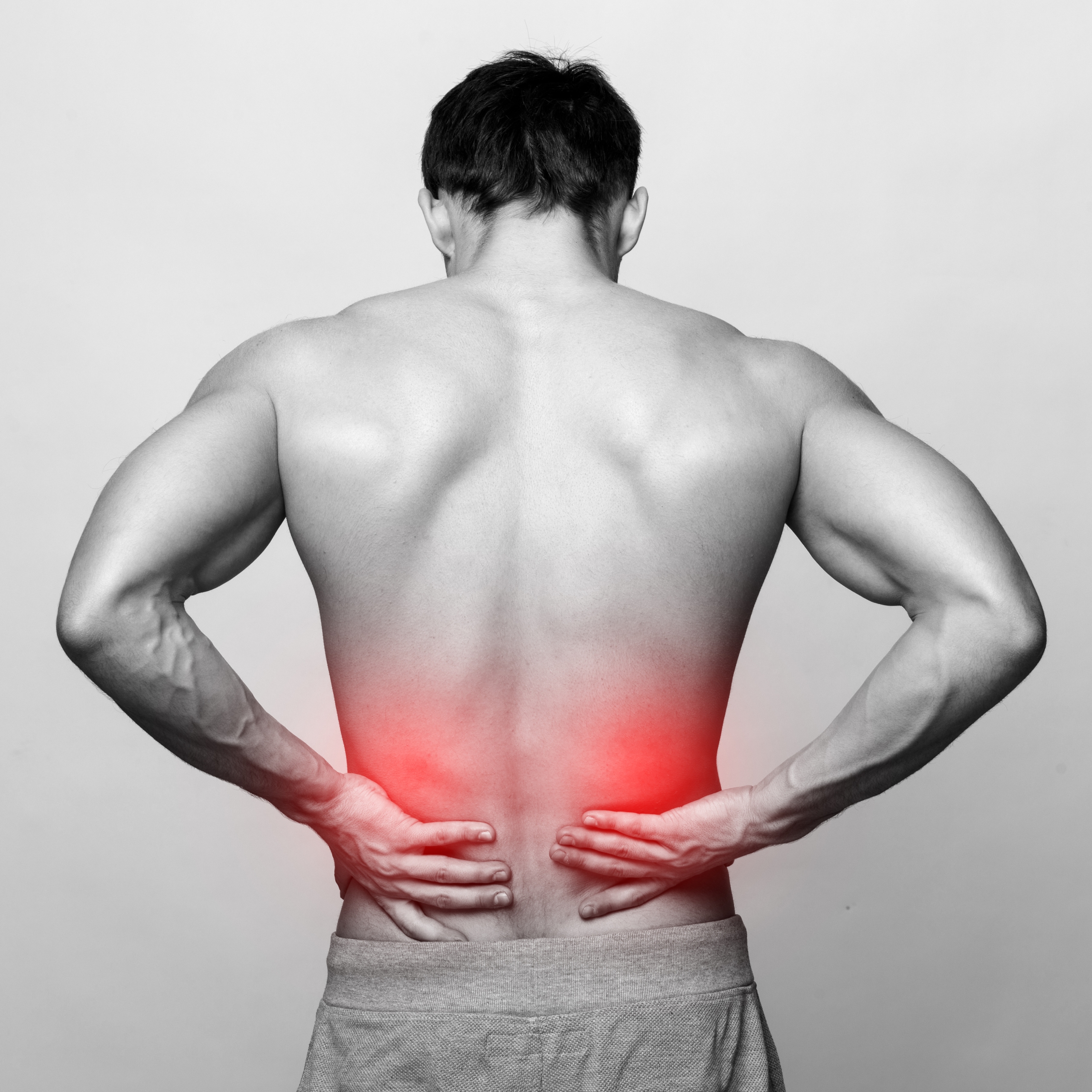


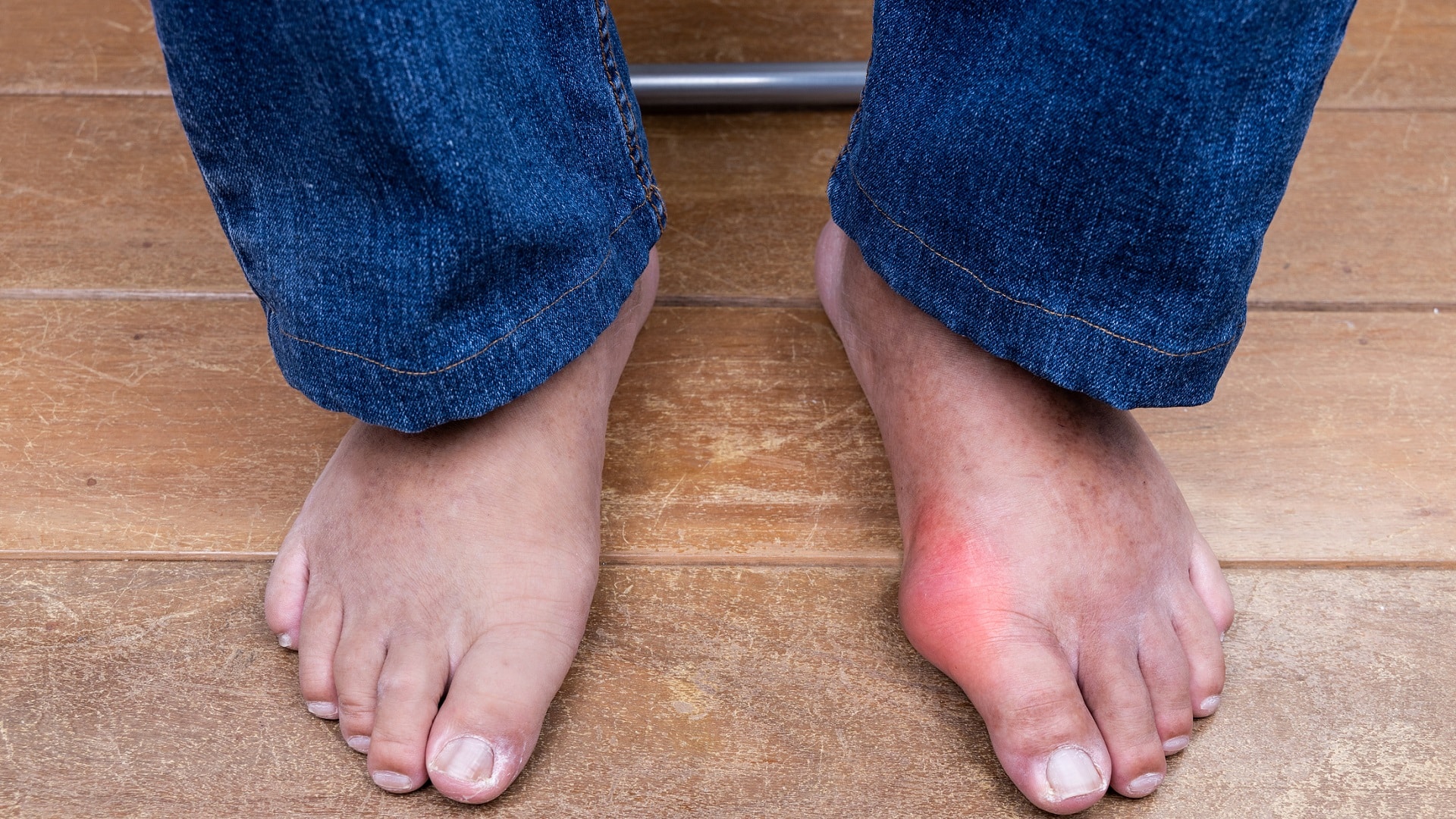
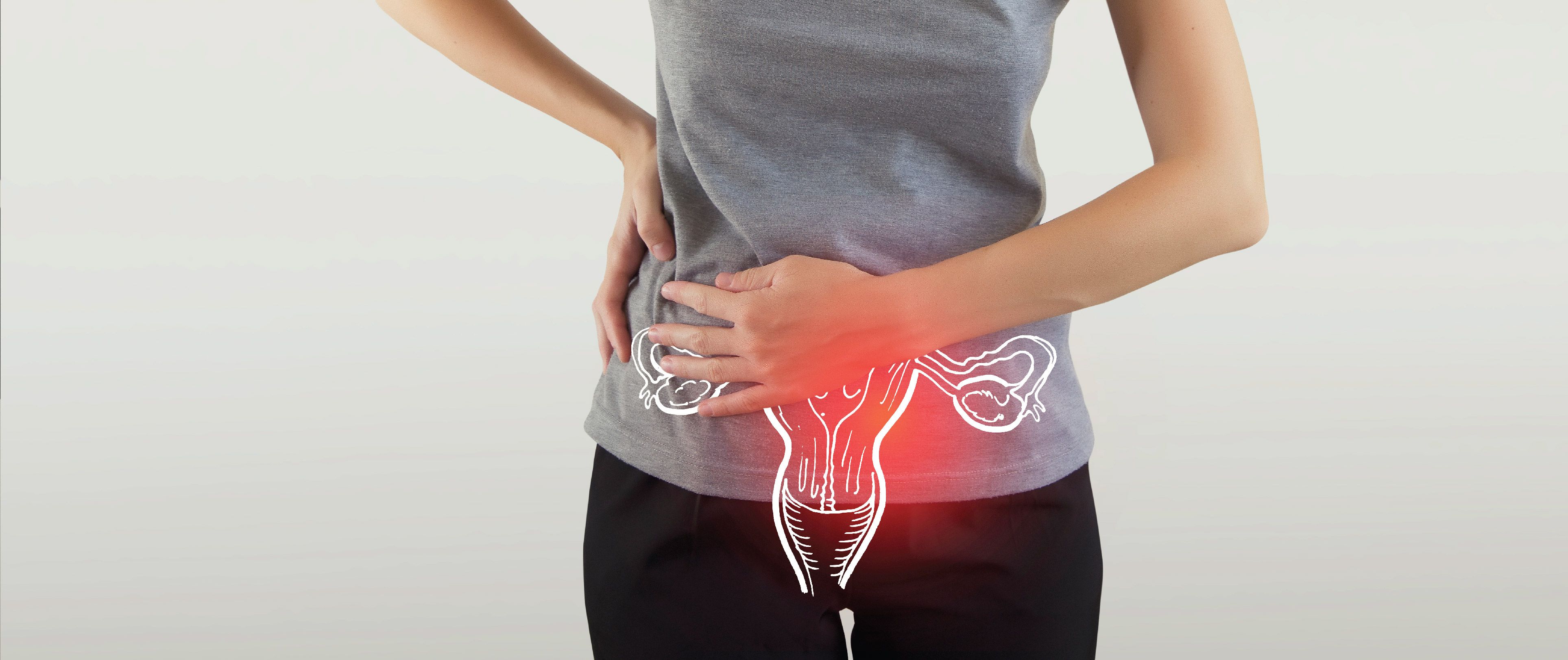
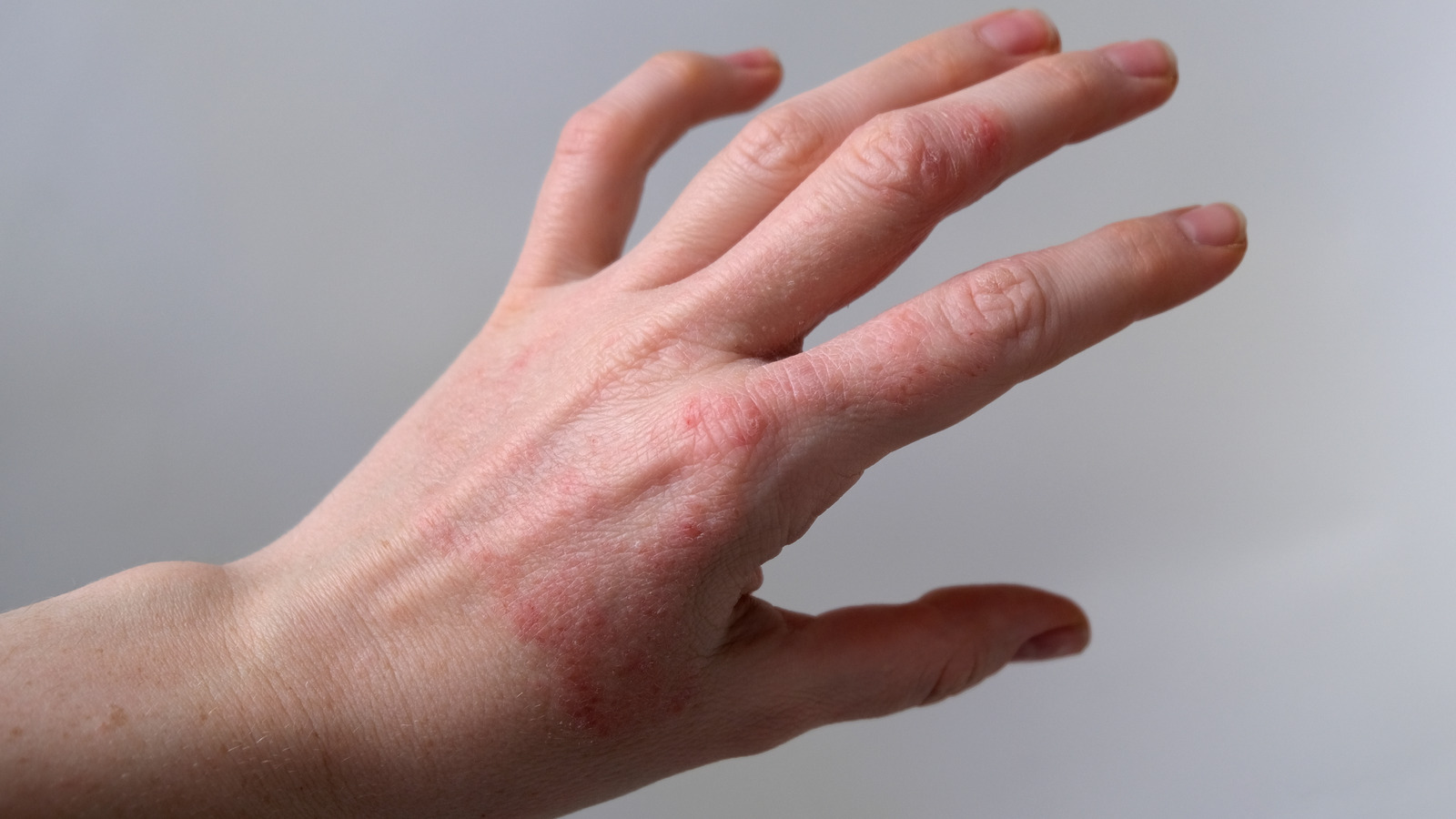
:max_bytes(150000):strip_icc()/alopecia_areata-c71b624ae5c345f09e6421565358ca14.jpg)